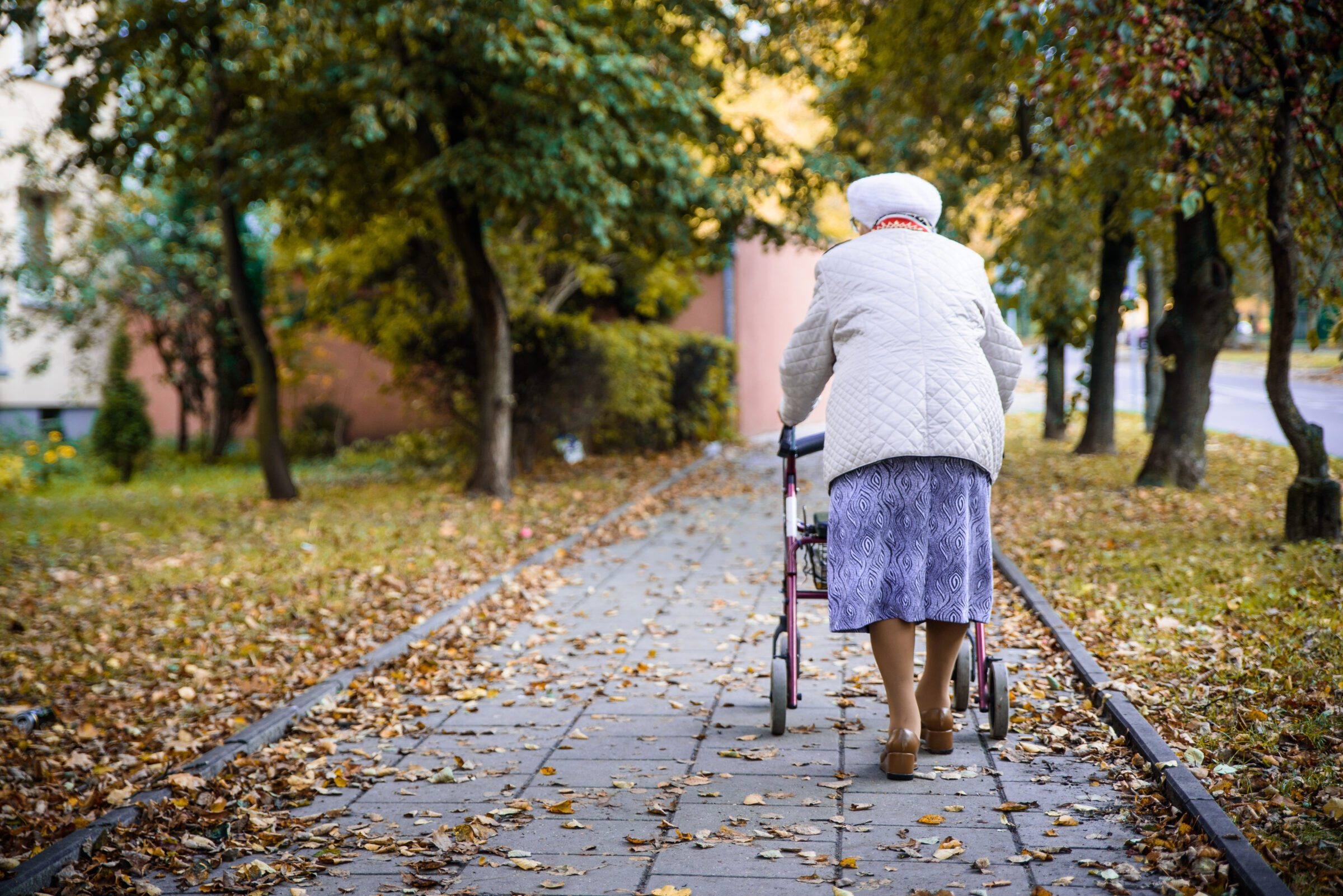Belgian Health-Fund President: Euthanize Old People to Save Money
Originally published at National ReviewEarlier this month, I noted that a U.K. columnist was pushing euthanasia for the elderly as a way of saving national resources. I suggested that normalizing euthanasia leads to such crass beliefs, furthering our slide toward a perceived “duty to die” on the part of elderly, the seriously ill, and disabled people to help boost society and family resources.
Well, here we go again. That call has now been echoed by a Belgian health-insurance official for one of the five mutual-fund companies that provide the country’s mandatory health- and disability-insurance policies. From the Times of London:
Belgium’s euthanasia laws should cover elderly people who are “tired of life” or who feel they are a burden on the public purse, a health insurance chief has urged. Luc Van Gorp, 57, the president of the CM health fund, a Christian mutual insurance provider, said that the number of Belgians over 80 would double to 1.2 million by 2050.
“Many elderly people are tired of life. Why would you necessarily want to prolong such a life? Those people don’t want that themselves, and when it comes to budgets: it only costs the government money,” he told the Nieuwsblad newspaper. “We must remove the stigma.”
Good grief. Maybe if we did a better job of including elderly people into our communities and social settings rather than allowing so many to grow lonely, fewer might become “tired of life.” Don’t tell Van Gorp.
Van Gorp called for debate “high on the political agenda” to extend medical killing to prevent a crisis in social care. “As a society, we will have to consider how we should organise care in the future, knowing that there is already a shortage,” he said.
“How are we going to prepare for this? Not by building residential care centres en masse if they will not contribute to the quality of life.”
The man hates old people. But why wouldn’t he? This is the kind of attitude to which euthanasia consciousness leads. Indeed, the loathing of decline and dependence — whether caused by illness, disability, or the general infirmities of age — is a major driver of the euthanasia juggernaut, and that impacts social cohesion. And we wonder why oldsters worry about becoming a “burden.”
